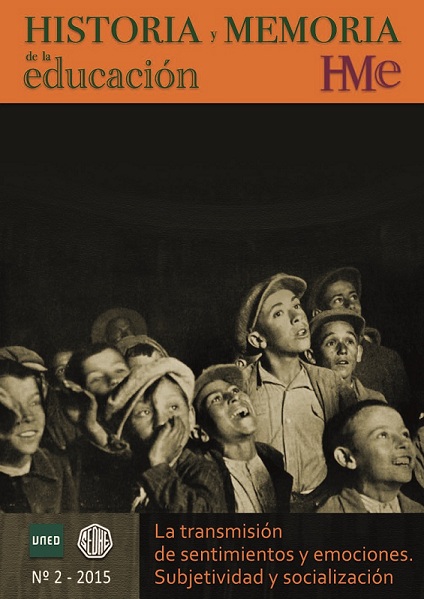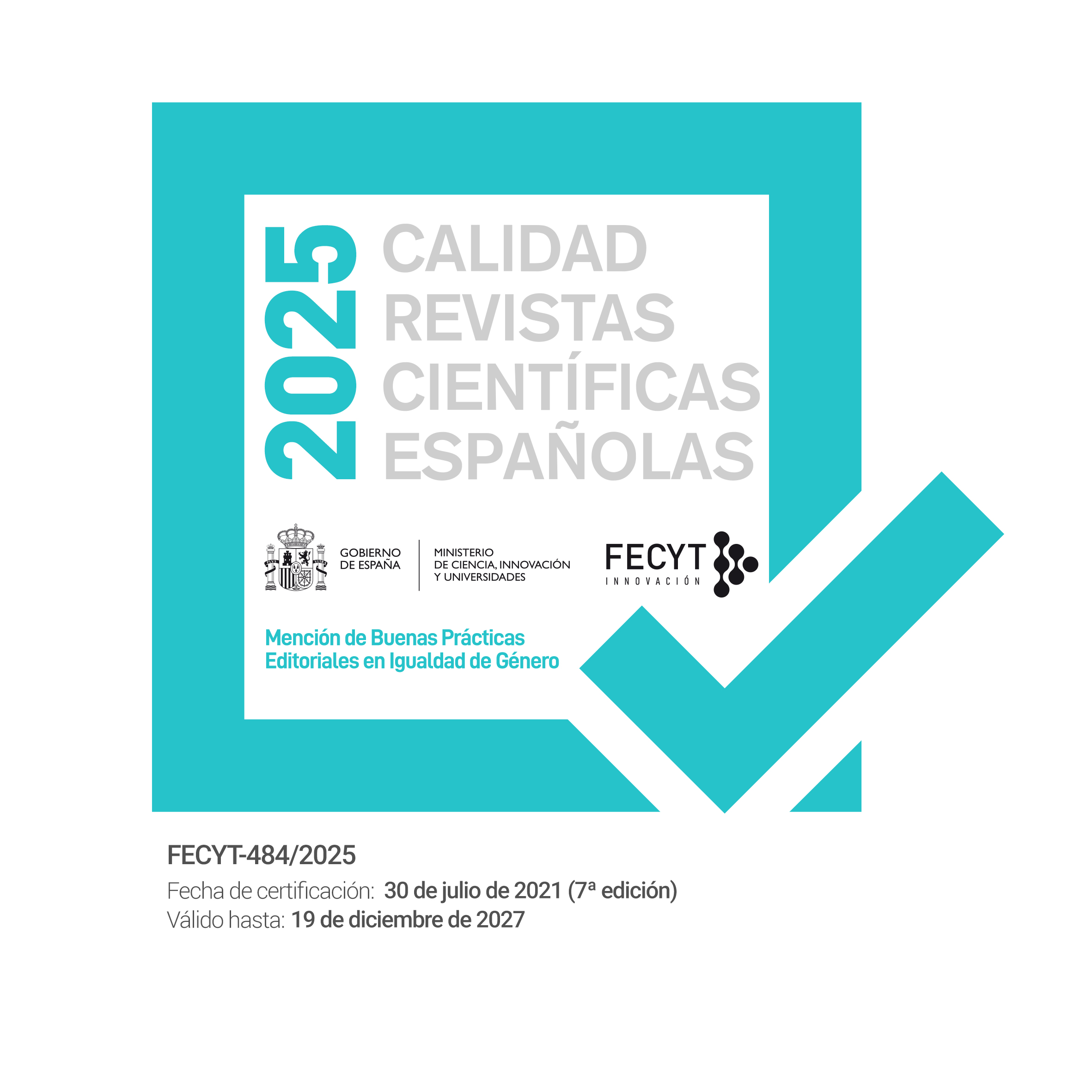Days of Intense Emotion. On the Enthusiam and its Owners
DOI:
https://doi.org/10.5944/hme.2.2015.14368Keywords:
Spanish Second Republic, Spanish Civil War, Pedagogical Missions in Spain, Religious persecution, Spanish political TransitionAbstract
The article analyzes the struggle between different uses of emotional rhetoric applied to the dissemination and maintenance of opposing ideological models in two moments in the history of Spain: the Second Republic and the Civil War, on one hand, and the beginning of the second millennium, on the other. The excitement arising from artistic phenomena —what we might call «secular fervor»— and religious phenomena, while they may emerge from the same sources, serve different causes and, therefore, are the engine of social and cultural transformations that, with different degrees of success, have continued for nearly a century.
Downloads
Downloads
Published
How to Cite
Issue
Section
License
Authors who publish in Historia y Memoria de la Educación agree to the following terms:
- Authors retain copyright and grant the journal right of first publication with the work simultaneously licensed under a Creative Commons Attribution-NonCommercial 4.0 International that allows others to share the work with an acknowledgement of the work's authorship and initial publication in this journal.
- Authors are able to enter into separate, additional contractual arrangements for the non-exclusive distribution of the journal's published version of the work (e.g., post it to an institutional repository or publish it in a book), with an acknowledgement of its initial publication in this journal.
- Authors are permitted and encouraged to post their work online (e.g., in institutional repositories or on their website) prior to and during the submission process, as it can lead to productive exchanges, as well as earlier and greater citation of published work (See The Effect of Open Access).












